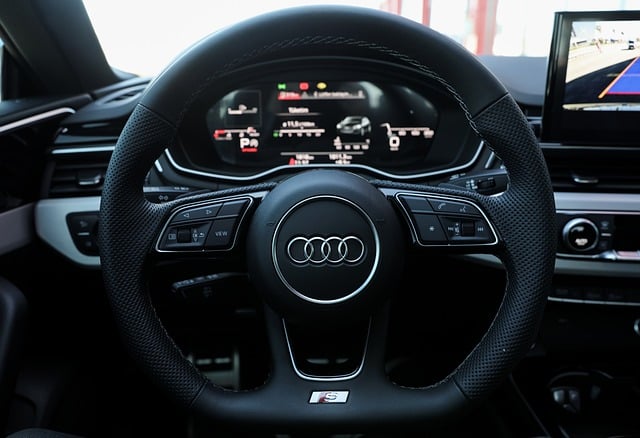Claiming on your Car Finance through a Personal Contract Plan (PCP) can be a crucial step in managing your vehicle costs effectively. This comprehensive guide delves into the intricacies of PCP claims in the UK, offering a detailed step-by-step process to navigate this often-misunderstood area. From understanding PCP claims to maximising your claim value, we provide essential tips and best practices to ensure you get the most from your next PCP claim.
- Understanding PCP Claims: A Comprehensive Guide
- The UK PCP Claim Process: Step-by-Step
- Maximising Your PCP Claim: Tips and Best Practices
Understanding PCP Claims: A Comprehensive Guide

Understanding PCP Claims: A Comprehensive Guide
PCP claims, or Personal Contract Purchase claims, are a popular finance option for car buyers in the UK. They offer a flexible way to acquire a vehicle over a fixed term, with regular payments followed by a final balloon payment at the end of the agreement. When it comes to making a PCP claim, it’s crucial to grasp the process and your rights. This involves understanding the terms and conditions set out in your contract, including any restrictions on modifications made to the car during the agreement period.
At the heart of PCP claims is the ability to return the vehicle at the end of the term or exchange it for a new one. To make a successful PCP claim, ensure you’ve met all the required milestones, such as making regular payments and adhering to agreed-upon mileage limits. Familiarise yourself with your contract’s terms regarding how and when claims can be made, as well as any administrative steps needed, like notifying your finance provider in advance. By being informed and proactive, you can navigate the PCP claims process with confidence, ensuring a smooth transition whether you’re looking to return or upgrade your vehicle.
The UK PCP Claim Process: Step-by-Step

In the UK, the Personal Contract Purchase (PCP) claim process involves several steps to ensure a smooth transition when returning your vehicle. Here’s how it works:
1. Prepare Your Documents: Begin by gathering all necessary documents, including your contract, logbook, and any proof of maintenance or repairs performed on the vehicle. It’s crucial to have these ready before initiating the claim process.
2. Inform Your Lender: Contact your finance company or lender to notify them of your intention to return the vehicle. They will provide specific instructions on how to initiate the PCP claims UK process, which may include completing a return form or providing details about the vehicle’s current condition. Make sure to keep records of all communications and any documentation you send.
Maximising Your PCP Claim: Tips and Best Practices

Maximising your PCP (Personal Contract Purchase) claim is a strategic process that requires careful consideration and planning. In the UK, understanding the ins and outs of PCP claims can help individuals recoup significant expenses associated with vehicle ownership. One key tip is to keep detailed records of all costs related to your car, including maintenance, repairs, and any modifications. Organising these documents will streamline the claim process and increase the chances of a successful reimbursement.
Additionally, staying informed about your rights and responsibilities under the PCP agreement is vital. Reviewing the terms and conditions carefully can help you identify any clauses that may impact your claim. Regularly servicing your vehicle as per the manufacturer’s guidelines is also beneficial. This not only maintains its value but also strengthens your case for a higher claim amount, especially if you’re aiming to lease or exchange it later.
Claiming on your Car Finance through the Personal Contract Purchase (PCP) process in the UK can be straightforward with the right knowledge. By understanding the PCP claims process, maximising your claim potential, and following best practices, you can ensure a smooth transition when upgrading or disposing of your vehicle. Remember, a well-executed PCP claim can save you money and enhance your overall car ownership experience.
